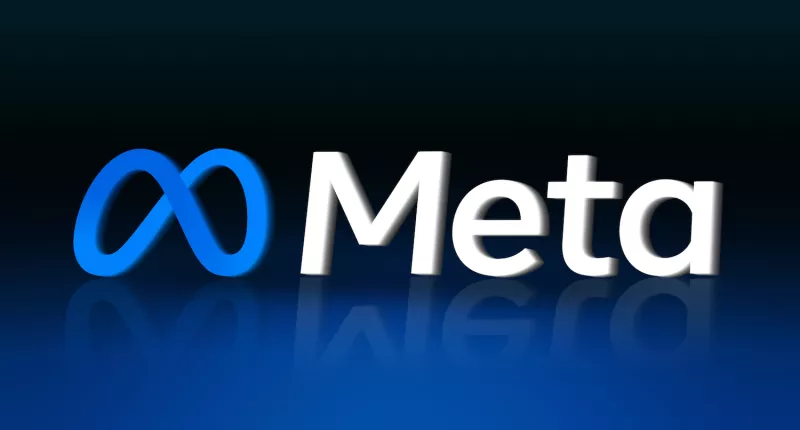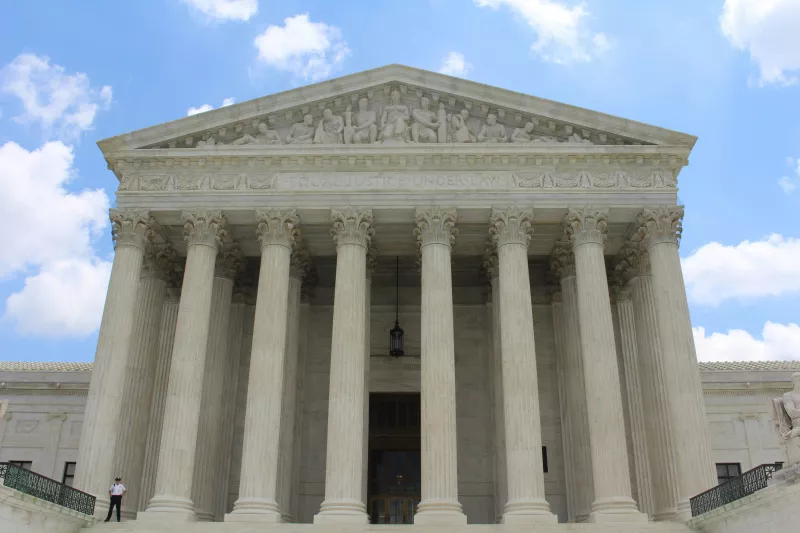News & Commentary
Search or Filter
-
News
How Do State Lawmakers Decide What to Prioritize?
New research reveals state legislators respond to both local constituents and national politicians when setting their policy agendas, with stronger influence from politically engaged partisans within their states.
April 21, 2025
-
Policy
CSMaP Responds to FTC Inquiry into Tech Censorship
Our experts show what research reveals about content moderation and why some users feel unfairly targeted.
March 25, 2025
-
News
Researchers Follow the Money to Illuminate US House Candidates’ Ideological Movement
New social media study finds safe incumbents move from primary extremes to general-election center when facing well-funded primary challenger
March 17, 2025
-
Policy
When it Comes to Understanding AI’s Impact on Elections, We’re Still Working in the Dark
Greater transparency around AI-generated political advertising would transform researchers' ability to understand its potential effects on democracy and elections.
March 4, 2025
-
Policy
Mosaics of Insight: Auditing TikTok Through Independent Data Access
Even if TikTok is sold to a non-Chinese buyer, the threat of foreign influence will remain. That’s why researchers need independent data access.
February 21, 2025
-
News
2024 Year in Review: Our Research & Impact
A look at our top articles, events, and more from the past year.
December 18, 2024
-
Policy
The Case for Open Data Access to Aid Tech Regulation
To really understand the potential risks and harms of social media, platforms and policymakers need to ensure accessible pathways for empirical research.
December 17, 2024
-
News
New Report: State Lawmakers Pass More than 200 Tech Policy Laws in 2024
Legislators in 46 states passed 238 bills, a 163 percent increase from last year, focusing on AI, child online safety, and more
December 12, 2024
-
Policy
The State of State Technology Policy: 2024 Report
In the absence of federal regulation, states continue to lead the development of technology policy in the United States, passing 238 bills in 46 states in 2024, a 163 percent increase from last year.
December 12, 2024
-
Policy
Feedback on the EU's Digital Services Act
The European Commission's Digital Services Act is a critical step towards supporting data access for independent research. We submitted comments on this legislation, advocating for structures and mechanisms that would ensure secure and standardized data sharing.
December 9, 2024
-
News
Studying the 2024 Election — and Beyond
Conducting rigorous research to understand the increasingly fragmented media environment is more important than ever.
November 25, 2024
-
News
Latinos Who Rely on Spanish-Language Social Media Content More Likely to Believe False Political Narratives
New research sheds light on Latino online political engagement and susceptibility to false claims
November 19, 2024
-
News
Online Misinformation Most Likely to be Believed by Ideological Extremists, New Study Shows
Findings reveal the importance of quickly addressing the spread of falsehoods
September 30, 2024
-
News
What CSMaP Experts Are Watching Ahead of the 2024 Election: Part Three
From Kamala Harris memes to the nationalization of elections to election denialism, part three of our new series highlights several areas we’re looking at this year.
July 31, 2024
-
News
What CSMaP Experts Are Watching Ahead of the 2024 Election: Part Two
From foreign influence campaigns to the role of WhatsApp to social media data access, part two of our new series highlights several areas we’re looking at this year.
July 17, 2024
-
News
What CSMaP Experts Are Watching Ahead of the 2024 Election
From generative AI and misinformation, to young voters and TikTok, part one of our new series highlights several areas we’re looking at this year.
July 10, 2024
-
News
Launching the AI Political Archive
Through online submissions and research by our team, this new joint project seeks to track the full range of uses of generative AI across local, state, and national races in 2024.
July 8, 2024
-
News
Where Do Nextdoor Communities Exist — And What Do These Communities Talk About?
Study provides new data about Nextdoor, America’s most popular hyperlocal platform
May 29, 2024
-
News
Event Recap: The Future of Search in the Age of AI
How do search engines influence the information landscape — and what role could AI play going forward? We convened experts from academia, journalism, and industry to discuss these questions and more.
May 17, 2024
-
Policy
CSMaP Joins Letter Urging Meta to Maintain CrowdTangle
The letter, signed by more than 50 organizations and individuals, urges Meta to maintain full functionality of CrowdTangle, a critical tool used to investigate the flow of information on its platforms.
May 7, 2024
-
News
Jennifer Allen and Christopher Barrie to Join CSMaP and NYU Faculty
At CSMaP, Allen and Barrie will serve as core faculty members leading research projects on urgent topics related to digital media and democracy.
May 1, 2024
-
Commentary
People Trust Themselves More Than They Trust the News. They Shouldn’t.
New research finds that Americans’ skepticism about news, which often drives people to use search engines to “do their own research,” could actually make them more misinformed.
March 12, 2024
-
Policy
Beyond Competition: Designing Data Portability to Support Research on the Digital Information Environment
Although portability is often considered through a competition lens, policymakers and companies should understand its potential impact on policy-relevant research efforts and ensure that portability can support research on the impacts of digital platforms and services.
February 26, 2024
-
Policy
Why the Texas and Florida Social Media Cases are Important for Research Transparency
Two cases before the Supreme Court will address Texas & Florida laws aiming to restrict content moderation on social media. The Court's rulings could also have widespread implications for the government's ability to mandate transparency and data access from platforms.
February 23, 2024
-
Commentary
Misunderstood Mechanics: How AI, TikTok, and the Liar’s Dividend Might Affect the 2024 Elections
The widespread reach and accessibility of AI will undoubtedly change the information landscape ahead of global elections in 2024. But rather than letting overblown fears dominate public discourse, we can draw on previous research to better understand and mitigate risks.
January 22, 2024
























